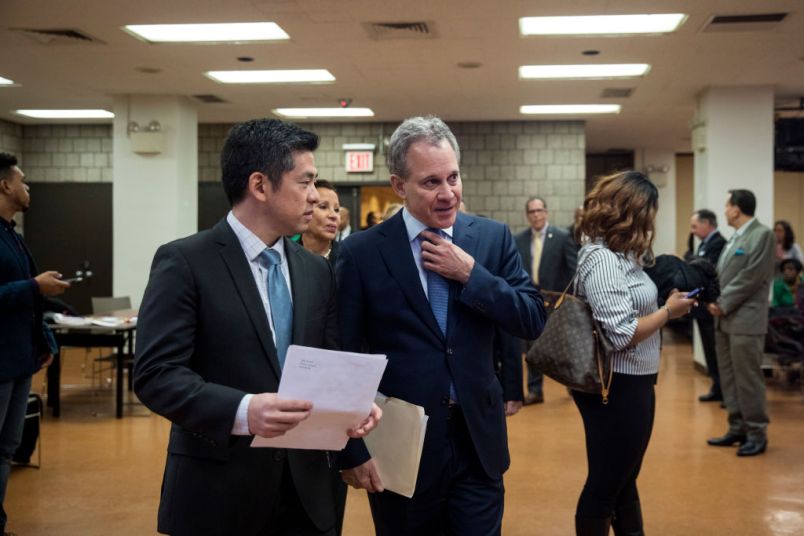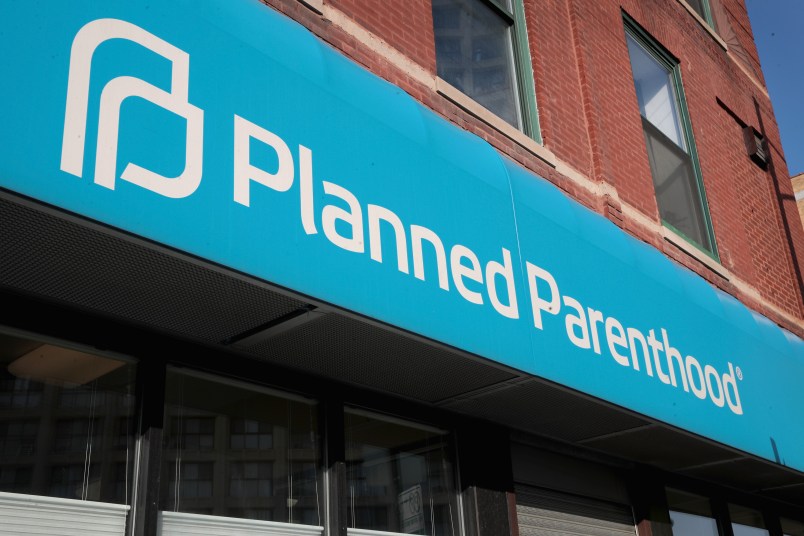New York’s attorney general on Wednesday urged lawmakers to change the state’s double jeopardy law to include specific language addressing presidential pardons.
Without doing so, Attorney General Eric Schneiderman wrote, “a defendant pardoned by the President for a serious federal crime could be freed from all accountability under federal and state criminal law, even though the President has no authority under the U.S. Constitution to pardon state crimes.”
It was a noticeable shot across President Donald Trump’s bow: Trump in August pardoned a political ally, former Maricopa County Sheriff Joe Arpaio, and earlier this month he pardoned former Bush administration official Scott Libby.
Libby was convicted of lying to the FBI, among other charges. Many Trump allies have pleaded guilty to, or been charged with, the same.
“[R]ecent reports indicate that the President may be considering issuing pardons that may impede criminal investigations,” Schneiderman told lawmakers Wednesday. “This is disturbing news, not only because it would undermine public confidence in the rule of law, but also because—due to a little-known feature of New York law that appears to be unique in its reach—a strategically-timed pardon could prevent individuals who may have violated our State’s laws from standing trial in our courts as well.”
“We must ensure that if the President, or any president, issues such pardons, we can use the full force of New York’s laws to bring such individuals to justice,” the attorney general said in a statement accompanying the letter.
He laid out the specific aspects of the state’s law — which already includes several exceptions — he’d like to see changed:
The problem arises under Article 40 of the Criminal Procedure Law. Under that law, jeopardy attaches when a defendant pleads guilty, or, if the defendant proceeds to a jury trial, the moment the jury is sworn. If any of those steps occur in a federal prosecution, then a subsequent prosecution for state crimes “based upon the same act or criminal transaction” cannot proceed, unless an exception applies. New York’s law provides exceptions when a court nullifies a prior criminal proceeding (such as when an appeals court vacates a conviction), or even when a federal court overturns a federal conviction because the prosecution failed to establish an element of the crime that is not an element of the New York crime. But there is no parallel exception for when the President effectively nullifies a federal criminal prosecution via pardon.
Read Schneiderman’s full letter below:







